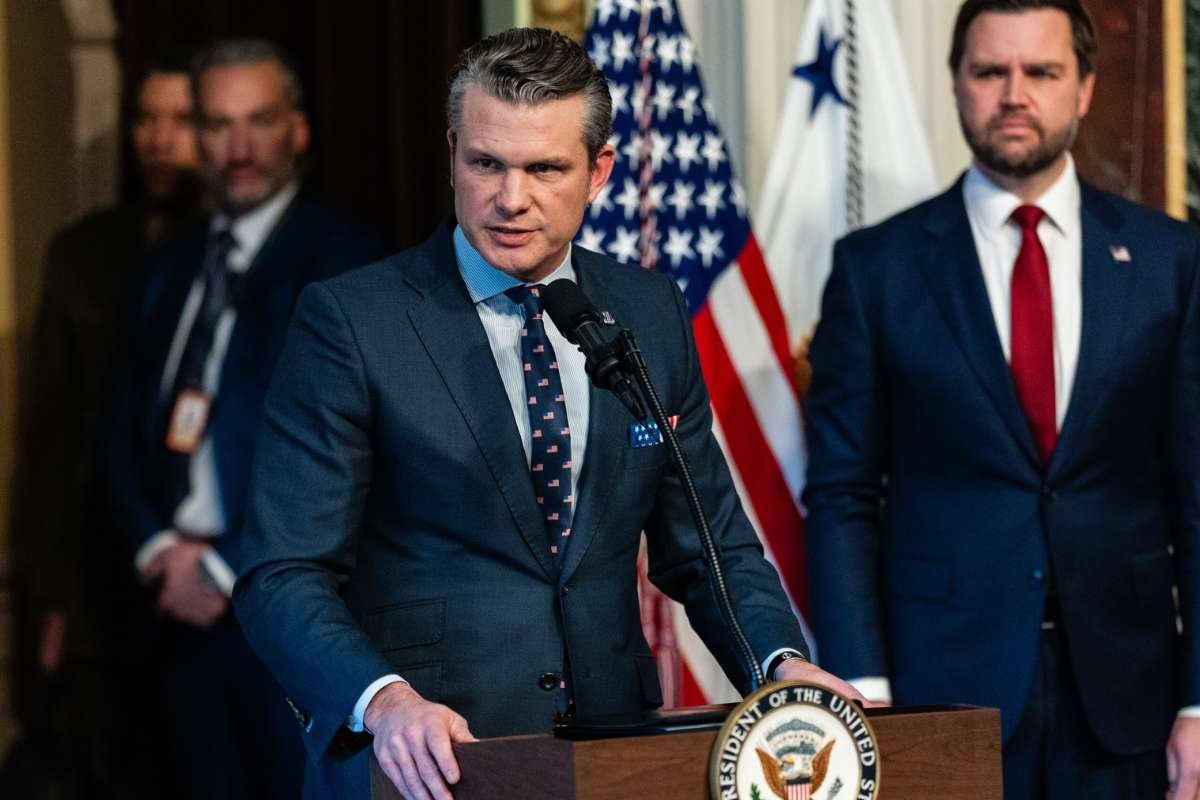Recent reports suggest U.S. Defense Secretary Pete Hegseth is weighing a 2026 gubernatorial bid in Tennessee, raising questions across Washington and Wall Street about leadership continuity at the Pentagon. While Hegseth has not made a formal announcement, sources confirm he’s engaged in private discussions regarding a potential run. The development is significant given his high-profile role under the Trump administration, where he has emerged as an architect of aggressive defense realignment.
Political and legal challenges complicate the picture. Tennessee law requires gubernatorial candidates to have resided in the state for seven years Hegseth falls short by at least four. National Review notes that the probability of him abandoning a nationally influential cabinet role to chase a possibly disqualifying campaign is slim.
For defense contractors, policy analysts, and institutional investors tracking leadership-driven volatility, a potential transition at the top of the Pentagon would represent a material shift impacting procurement priorities, force posture strategy, and allied engagement across key regions.
Strategic Risk and Communication Breakdown at the Pentagon
In a recent congressional hearing, Hegseth revealed that the Department of Defense maintains contingency plans for forcibly securing global assets in territories like Greenland and Panama two locations with significant geopolitical and trade relevance. The disclosure may reflect growing U.S. strategic anxiety over Arctic routes and Panama Canal chokepoints, both of which have critical implications for global supply chains and maritime dominance.
However, the delivery of these plans is undercut by controversy. Pete Hegseth reported use of encrypted messaging app Signal to coordinate sensitive defense communications outside of official protocols—has prompted a federal inspector general review. While his aides dismiss the investigation as politically motivated, the potential security lapse raises major concerns around internal controls, risk governance, and breach management within the Department of Defense.
For stakeholders including defense firms, cybersecurity providers, and federal compliance partners this incident underscores the increasing complexity of operational risk in national security leadership.
Escalation Economics Iran, North Korea, and Global Security Markets
Operation Midnight Hammer a high-stakes U.S. strike on Iran’s key nuclear facilities in June marked a critical escalation under Hegseth’s tenure. The Secretary framed the mission as an overwhelming success, asserting that Iran’s enrichment capability was “crippled.” Early intelligence leaks suggest otherwise, indicating only a short-term setback for Iran’s nuclear ambitions.
Beyond operational success, the strike has triggered a wave of market responses spiking oil futures, intensifying regional defense procurement talks, and straining U.S.-EU diplomatic alignment on Iran.
Hegseth also drew headlines during his Senate confirmation by labeling North Korea a “nuclear state,” a move seen by many foreign policy analysts as a departure from decades of diplomatic positioning. The recognition intentional or not could shift international legal interpretations of deterrence strategy, impacting defense investments and bilateral diplomacy frameworks.
Investors in defense, energy, and geopolitical risk sectors should closely monitor these shifts. From military-industrial contracts to currency markets in East Asia and the Middle East, Pete Hegseth assertive stance is recalibrating expectations.
Pete Hegseth’s potential exit from the Pentagon isn’t just a political story it’s a strategic event with global economic ripples. His hawkish doctrine, unorthodox communication practices, and mounting scrutiny signal a broader shift in how U.S. defense policy intersects with domestic politics and global markets. For business leaders and investors, the next phase of Hegseth’s trajectory could influence everything from arms contracts and cybersecurity policy to regional stability and commodity flows.
Sources:










